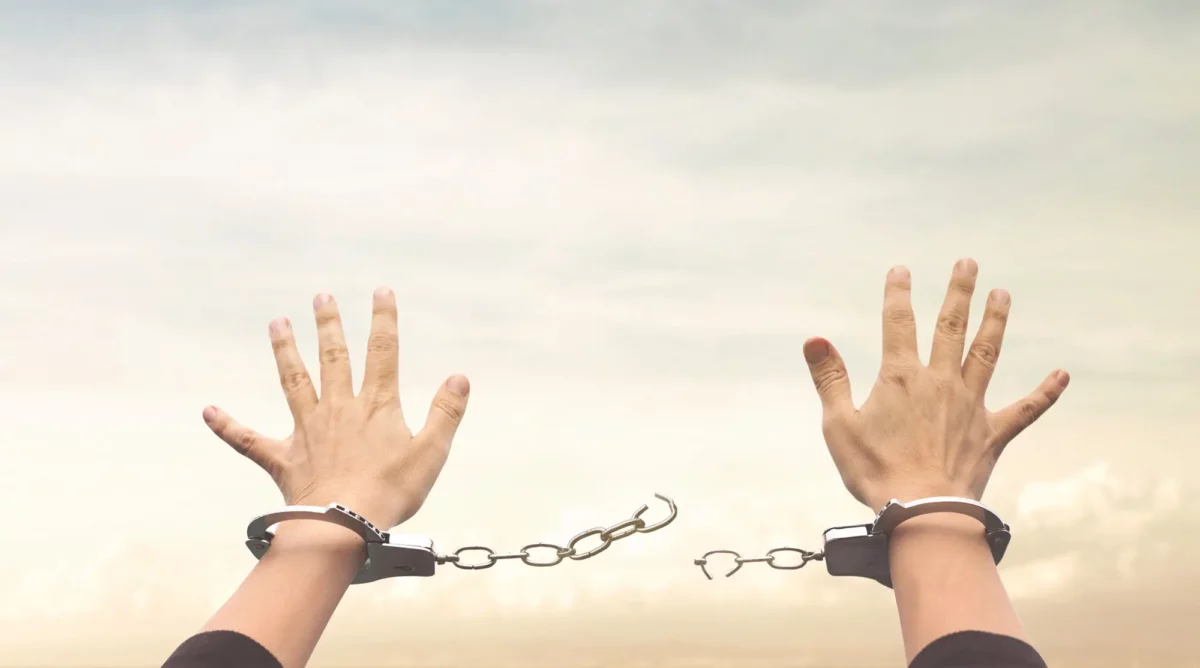Rape is one of the most serious criminal charges an individual can face in California. The penalties for this type of sex offense are harsh, many times including lifetime sex offender registration. If you are facing rape charges in San Diego, it is important to understand the charges against you, what to expect during trial, and how to build a strong defense strategy with the help of a skilled criminal defense attorney. At Sevens Legal, we understand the complexities of defending against rape charges and the devastation a sex crime conviction can cause. Contact Sevens Legal today at (619) 430-2355 to schedule a free consultation and learn more about how we can help you defend your rights in your rape case.
Key Takeaways
- If you are facing sex crime charges in California, it is essential to understand the gravity of your legal situation.
- Rape is one of the most serious criminal charges an individual can face in California, and the penalties for this type of sex offense are harsh, many times including lifetime sex offender registration.
- Samantha Greene’s successful case result highlights the importance of hiring a skilled defense lawyer who believes in your innocence and is willing to work hard to defend you.
- At Sevens Legal, we understand the complexities of defending against rape charges and the devastation a sex crime conviction can cause.
A Look at Samantha Greene’s Successful Rape Trial
Before we dive into the specifics, let’s discuss a recent successful case result by attorney Samantha Greene, a renowned San Diego criminal defense lawyer with Sevens Legal. Ms. Greene’s client was charged with one count of forcible rape and three counts of sexual penetration by force and was facing 32 years in prison for these charges. However, Ms. Greene believed in his innocence and worked tirelessly to prepare for his trial. After only 40 minutes of jury deliberations, her client received a full acquittal – not guilty on all charges. This successful case result highlights the importance of hiring a skilled defense attorney who believes in your innocence and is willing to work hard to defend you.
Understanding California Sex Crimes
Sex crimes, including rape, are taken very seriously under California law. If you are facing sex crime charges in California, it is essential to understand the gravity of your legal situation. Sex crimes carry harsh penalties that can change your life forever and even first-time offenders can face these consequences.
How are Rape Charges Defined?
Many people associate the term “rape” with a violent physical attack. However, Penal Code § 261 PC defines rape as any act of non-consensual sex obtained by force, threats, or fraud. This constitutes a felony charge that can result in imprisonment for three to eight years and lifetime sex offender registration. Two types of rape charges defined under California law include forcible rape and sexual penetration by force.
PC 261(a)(2) – Forcible Rape
Forcible rape occurs when the defendant uses force or threats of force to engage in sexual intercourse with another person. The prosecution must prove that the defendant used force or threats of force to overcome the victim’s will and that the victim did not consent to the sexual activity.
PC 289(a) – Sexual Penetration by Force
Sexual penetration by force occurs when the defendant uses force or threats of force to engage in sexual penetration with another person. Sexual penetration is defined as any penetration of the genital or anal opening by a penis, finger, or any object. The prosecution must prove that the defendant used force or threats of force to overcome the victim’s will and that the victim did not consent to the sexual activity.
I’m Facing Rape Charges: What Should I Do?
If you are facing rape charges in California, the first thing you should do is contact an experienced attorney. Rape charges are very serious and can carry life-changing criminal penalties, including imprisonment and lifetime sex offender registration. It is important to understand what to expect during your trial and how best to prepare. A knowledgeable sex crimes defense attorney can help guide you through this process.
What to Expect and How to Prepare for Trial
During your trial, the prosecution will present evidence to prove your guilt beyond a reasonable doubt. As the defendant, you have the right to present your own evidence and witnesses to challenge the validity of the prosecution’s evidence. The best way to prepare for your rape trial is by working with an experienced attorney who can review the evidence against you, build a strong defense strategy, and select the best witnesses to testify on your behalf.
The Verdict: What Happens Next?
After the jury has heard all the evidence and arguments, they will deliberate and reach a verdict. If you are found not guilty, you will be acquitted and released. If you are found guilty, you will be sentenced according to California law.
The Importance of Hiring a Skilled Defense Attorney
Hiring a skilled attorney is crucial to the success of your defense strategy when facing sex crimes charges in California. A qualified attorney will have the knowledge and experience necessary to review the evidence against you, help you understand your legal rights, and build a strong defense strategy. A skilled attorney can also represent you during trial and provide guidance on what to expect during the legal process.
Building a Strong Defense Strategy in Your Case
When facing criminal charges, a strong defense strategy can be the difference between a conviction and a not-guilty verdict. To build the strongest possible defense in your rape case, your attorney may use a variety of tactics, including the following:
Challenging the Evidence
Your attorney may challenge the prosecution’s evidence, including witness statements and physical evidence. Your attorney may argue that the evidence was obtained illegally or that it does not prove your guilt beyond a reasonable doubt.
Alibi Defense
Your attorney may argue that you were not present at the scene of the crime and provide evidence to support this claim.
Consent Defense
Your attorney may argue that the sexual activity was consensual and that the victim gave their consent.
False Accusation Defense
Your attorney may argue that you were falsely accused of rape by the victim or another individual.
Your attorney may also conduct additional investigation to uncover new evidence or witness testimony that can support your case. Successfully defending against rape charges in California requires a thorough understanding of the law and the specific criminal charges you are facing.
Free San Diego Sex Crimes Defense Consultation
If you are facing rape charges in San Diego, Sevens Legal is here to help. We offer a free consultation to individuals facing sex crime charges in San Diego. Our experienced criminal defense attorneys can provide you with the guidance and support you need to understand the criminal charges you are facing, challenge those charges, and protect your rights.
How to Contact Our Criminal Defense Attorneys
To schedule a free consultation with our San Diego criminal defense attorneys, call Sevens Legal Criminal Lawyers today at (619) 430-2355. Our attorneys have extensive experience defending against sex crime charges in California and can provide the aggressive representation you need to protect your rights and your freedom.








